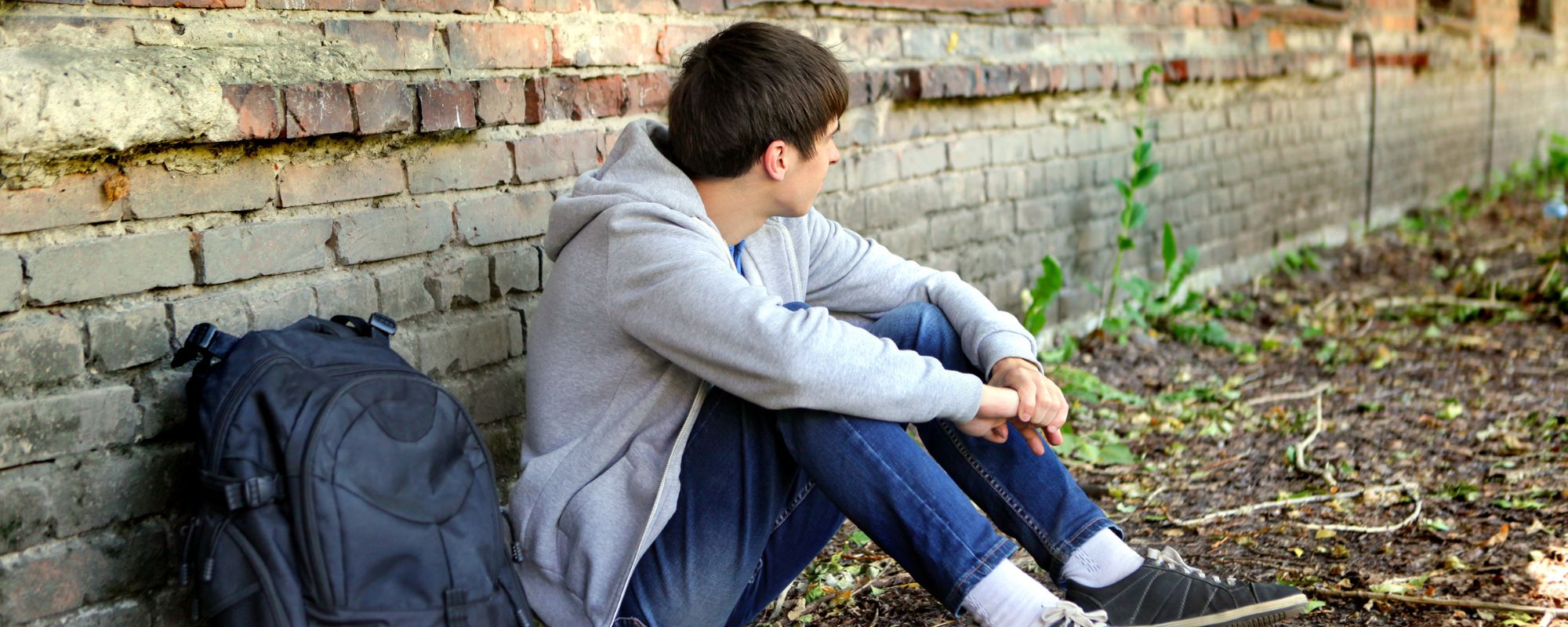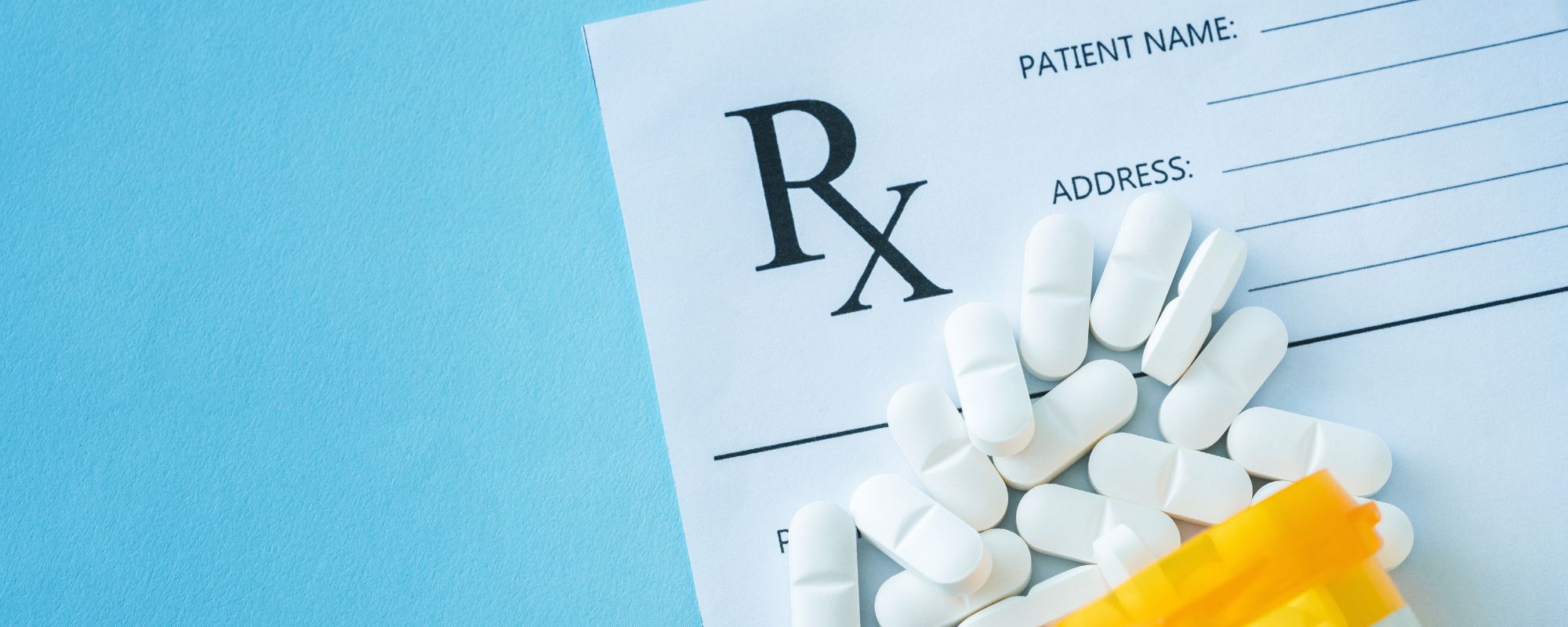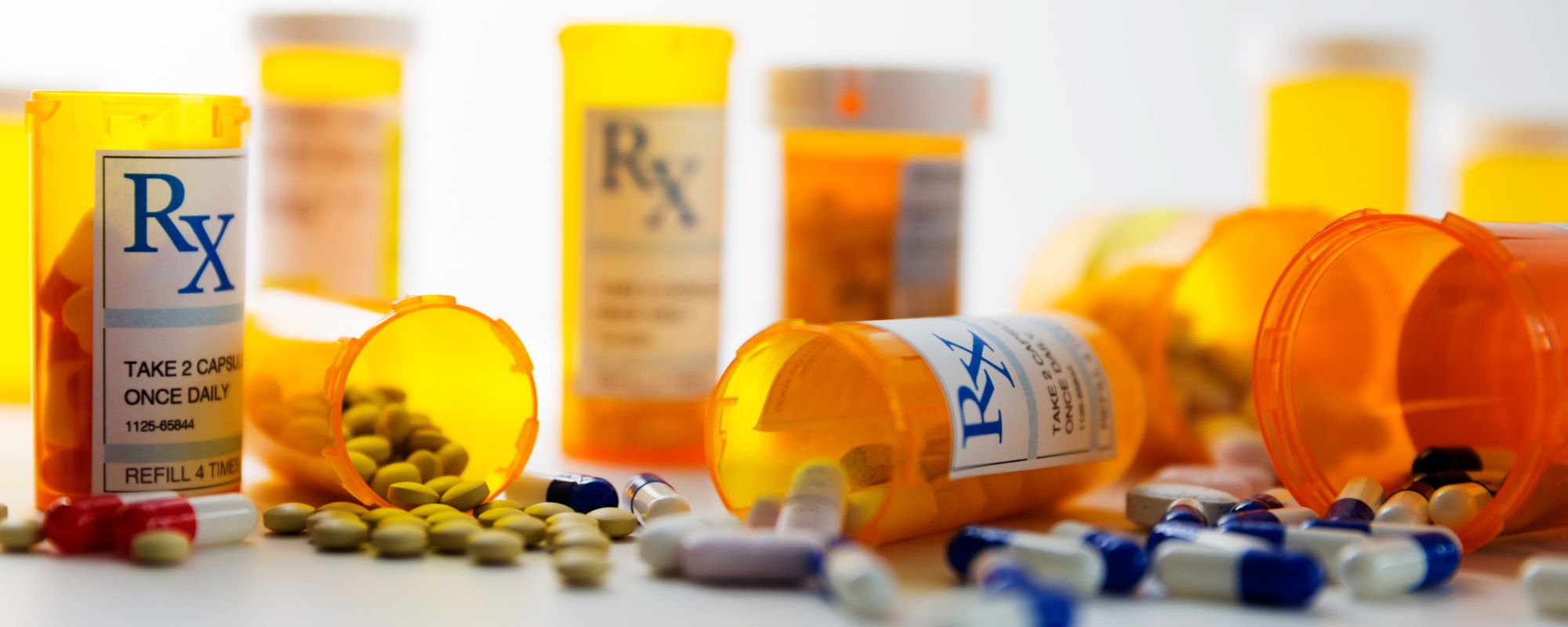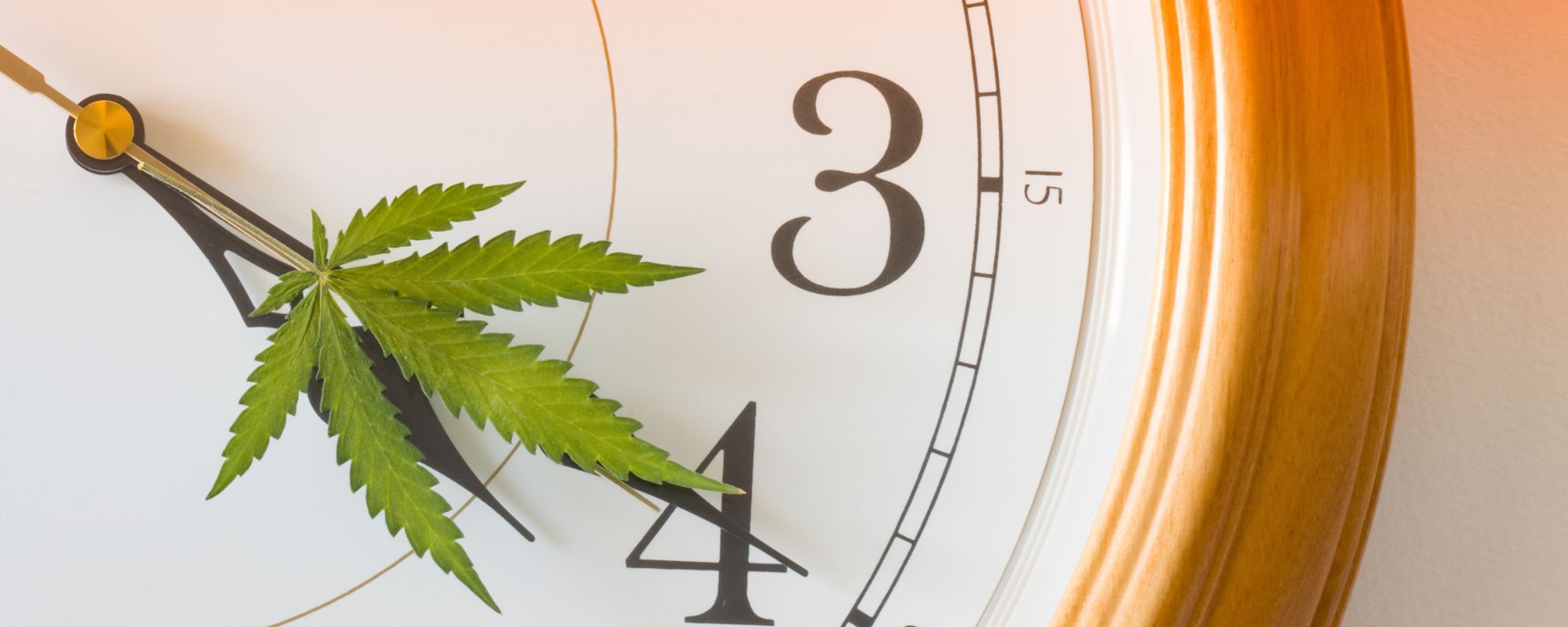Though they may not seem like it, depression and addiction are more deeply intertwined than we might imagine. And when they exist together, they can create a cycle — a negative feedback loop — that is difficult to break.
How Common Are Co-Occurring Disorders?
A co-existence of co-occurring depression and substance abuse is quite common. In the last four years, close to 50% of young adults aged 18 to 25 (more than 15 million people) had a mental illness and substance abuse disorder, according to the Substance Abuse and Mental Health Services Administration’s (SAMHSA) National Survey on Drug Use and Health.
Those numbers become higher in adults aged 26 to 49, notes SAMHSA, with nearly 40%, or 40.4 million people, suffering from co-occurring depression and addiction, and 22.6% in people over 50 years old.
When someone — you, a spouse, a family member, a child, a friend — struggles with depression and addiction in Washington State, it can be difficult to discern where one ends and the other begins. There is hope. Understanding the link between both is the first step to getting depression help and substance abuse treatment simultaneously.
What Is Depression?
We all experience moments when we’re sad or down, but those moments usually come to pass. Depression (also known as major depressive disorder or clinical depression) is when those feelings fail to subside and affect how you feel, think, or behave, often interfering with your daily functioning and diminishing your quality of life. It’s a condition that can’t simply be wished away.
“Depression is a mood disorder that causes a persistent feeling of sadness and loss of interest in things and activities you once enjoyed,” says the Cleveland Clinic. “It can also cause difficulty with thinking, memory, eating, and sleeping.”
Depression affects people from all walks of life. Statistics from the Depression and Bipolar Support Alliance (DBSA) indicate that nearly 21 million people in the U.S. — 8.3% of all adults — have had at least one depressive episode in recent years. This number was highest among young adults aged 18 to 25 and more prevalent among females than males (10.3% vs. 6.2%, respectively).
But more noteworthy, according to the DBSA, is how depressive disorder often intersects with substance abuse. “Over 20% of Americans with an anxiety or mood disorder such as depression have an alcohol or other substance use disorder (both alcohol and other substances) experience depression,” says the DBSA. And over one-fifth of Americans with a substance abuse disorder live with a mood disorder, clear evidence that one problem can inform, and even exacerbate, the other.
Are there Different Kinds of Depression?
Depression isn’t a one-size-fits-all condition, which makes it so deeply personal for anyone who suffers from it, with its own unique facets, nuances, symptoms, and triggers. Here are some common types that can be diagnosed for treatment plan goals for depression:
- Major depressive disorder (MDD): Also known as clinical depression, MDD is characterized by chronic sadness, feelings of worthlessness or guilt, diminished energy, a loss of interest in activities you once loved, and even physical symptoms like fatigue, plus changes in appetite and the ability to think clearly.
- Seasonal affective disorder (SAD): A type of depression that’s linked to seasonal changes and reduced sunlight exposure, symptoms ranging from listlessness to hopeless feelings, overeating and weight gain to suicidal thoughts usually begin during the fall and winter months, but can subside during spring and summer.
- Atypical depression: Why is this type of depression called “atypical”? Symptoms include those common with MDD, like persistent sad, hopeless feelings or major changes in appetite, but offset by mood reactivity — when your mood is temporarily lifted or boosted in response to positive events.
- Postpartum depression: Colloquially called the “baby blues,” affects up to 15% of new mothers after childbirth, causing severe mood swings accentuated with emotional highs and lows, intense bouts of crying, exhaustion, and even feelings of detachment from their newborns, or an inability to care for their baby.
How Is Depression Treated at Washington State Mental Health Facilities?
If you’ve noticed these symptoms in someone you care about, questions may start to surface. “How do I help a family member with depression?” “What can I do if my spouse has depression?”
Washington State depression treatment at Puget Sound gives the answers with effective, evidence-based, and holistic approaches to managing depression — giving everyone the opportunity to live their best lives with the happiness, hope, and fulfillment they deserve. First, it’s helpful to know what the definitive signs and symptoms of depression are before taking the steps to pursue treatment.
How Do I Know if my Family Member in Washington State Has Depression?
Depression remains one of the most significant mental health conditions, with U.S. rates recently reaching new highs in 2023. According to a Gallup poll, 29%, or nearly three in every 10 adults, have been diagnosed with depression sometime in their lives — almost 10% higher than in 2015, notes the survey.
Even still, despite its prevalence, one of the most challenging aspects of depression is that it often goes overlooked, unnoticed, or unacknowledged. Here are some signs of depression help to look for, both in yourself and in others:
- Persistent sadness, irritability, emptiness, or hopelessness
- Withdrawal from friends, famil,y or interest in activities you once loved
- Changes in eating or sleeping patterns (e.g., too much or too little)
- Fatigue or decreased energy
- Difficulty concentrating, forgetfulness,ss and indecisiveness
- Suicidal ideation or even attempts on one’s life
These symptoms can become compounded when coupled with the effects of addiction — but understanding the relationship between both is vital to helping families with depression.
Reach Out For Help With Addiction
Are you or a loved one struggling with addiction?
Royal Life Centers at Puget Sound is here to help you recover. Because we care.
What Is Addiction?
Like depression, addiction falls victim to myths that it’s a problem that can be willed away. “Many people consider addiction to be a problem of personal weakness, initiated for self-gratification and continued because of an unwillingness or lack of sufficient willpower to stop,” notes the Harvard Health Blog.
However, addiction is a chronic disease characterized by compulsive substance use even when someone is aware of the harmful consequences.
According to the National Institute on Drug Abuse, addiction is a brain disorder because the abuse of drugs, alcohol, or other substances creates tangible changes to one’s neurological circuitry that control reward, stress motivation, and self-control, making it incredibly difficult to stop using substances without professional intervention.
How Does Addiction Happen?
It’s a combination of genetics, neurology, and environmental factors at play. “Humans are biologically motivated to seek rewards,” states the Cleveland Clinic. We’re hard-wired to seek out things that are pleasurable, whether it’s the taste of your favorite food, bonding with people close to you, or repeating an activity that makes you feel good, like exercise. These release a feel-good neurochemical known as dopamine.
Taking substances also releases dopamine in the brain. “But instead of motivating you to do the things you need to do to survive (eat, work, and spend time with family, such massive dopamine levels can have damaging effects on your thoughts, feelings, and behavior,” notes the clinic.
In time, drug or substance abuse can make changes to your brain functioning. You’ll become less sensitive to them, notes the clinic, which can lead someone to take more and more of a drug to achieve the same effect.
What Substances Are Addictive?
Several drugs and substances are highly addictive:
- Alcohol: The most common substance addiction in the U.S., 10%, or one in 10 Americans, suffer from alcohol use disorder, reinforcing the link between drinking and depression.
- Opioids: Prescription drug addiction to fentanyl and illegal substances like heroin are highly addictive, fueling a nationwide epidemic responsible for more than 10 million people misusing opioids each year and 136 deaths per day, according to the National Center for Drug Abuse Statistics.
- Benzodiazepines: Medications like Xanax and Valium are two of 15 FDA-approved drugs for anxiety and other reasons, but their mood-boosting effects make them and other “benzos” carry a high risk of dependence.
- Stimulants: Cocaine, methamphetamines, and other stimulants are some of the most widely abused drugs in the U.S. and can lead to severe addiction.
How Is Addiction at Rehab Centers in Washington State Treated?
Royal Life Centers at Puget Sound offers Washington State depression treatment and treats dependence on opiates, methamphetamine, alcohol, cocaine stimulants, and benzodiazepine through various programs that are meant to get to the heart of depression and addiction when they exist together.
By seeking out the underlying issues of both you and a loved one, you can address the physical, emotional, and psychological aspects of substance abuse disorder and transition to a healthy, sober life.
How Can I Tell if a Loved One Has a Substance Use Disorder in Washington State?
Recognizing the signs of a substance use disorder can be difficult, but some telltale signs include:
- Sudden changes in behavior, mood, or personality
- Financial troubles or out-of-the-blue need for money
- Physical symptoms like weight loss, slurring when speaking, or poor hygiene
- Withdrawal from family or social activities
- Increased secrecy or defensiveness about their actions
Don’t ignore your intuition if you observe some of these indicators in a loved one since they signal the need to take steps to find professional support.
What Is the Link Between Depression and Addiction?
The connection between depression and addiction is complex and bidirectional. Many people with depressive symptoms may turn to substances as a way of self-medicating.
Other times, substance abuse begins first, with depression developing on account of it. The emotional pains stemming from one may fuel substance use, and in turn, worsening substance abuse deepens one’s depression, and so on. This interplay often leads to the likelihood of co-occurring depression and substance abuse.
Dual Diagnosis Treatment for Depression and Addiction in Washington State
When a co-occurring relationship of depression and substance abuse exists in someone, they qualify for a dual diagnosis. After a dual diagnosis is made, both conditions are treated at the same time instead of separately.
What happens if a depressed family member refuses help? Many families decide to hold an intervention or talk one-to-one with a loved one in a gentle, non-confrontational way, helping the family understand depression and that help is available.
Psychotherapy for Depression and Addiction in Washington State
One integral part of dual diagnosis treatment is talk therapy. With the help of certified, trained, and trusted mental health professionals, therapies like cognitive behavioral therapy (CBT) or dialectical behavioral therapy (DBT) help to identify negative thought patterns, understand how they affect your behavior, and make new, positive changes.
For depression and addiction in Washington State, psychotherapy is truly the cornerstone of addressing the root causes of co-occurring depression and substance abuse.
Holistic Therapy for Depression and Addiction in Washington State
Washington State depression treatment with addiction help can also include holistic therapies that aim to heal the mind, body, and spirit since rehab is more than just addressing physical symptoms.
Part of a well-rounded, comprehensive approach, art and music therapies are just two of the options at treatment centers in Washington, like Royal Life Centers at Puget Sound. Harnessing the power of creativity — whether it’s through putting a paintbrush to canvas or writing lyrics and creating original audio recordings that document their recovery process — spells out a story of recovery that will last a lifetime.
Choosing the right addiction treatment center specializing in depression help and substance abuse is one phone call away. Know that depression and addiction in Washington State can be treated and overcome. The power is within you to seek change, and an accredited addiction treatment center like our facility in Puget Sound is ready to see you on the road to recovery.
For the most effective depression treatment near me, don’t hesitate to contact us today.
REFERENCES:
- Key Substance Use and Mental Health Indicators in the United States: Results from the 2021 National Survey on Drug Use and Health
- Depression: Causes, Symptoms, Types & Treatment
- Depression Statistics – Depression and Bipolar Support Alliance
- Clinical Depression (Major Depressive Disorder): Symptoms
- Major Depression | Johns Hopkins Medicine
- Seasonal Affective Disorder | Johns Hopkins Medicine
- Seasonal affective disorder (SAD) – Symptoms & causes – Mayo Clinic
- Atypical Depression: What It Is, Symptoms & Treatment
- Postpartum Depression: Causes, Symptoms & Treatment
- U.S. Depression Rates Reach New Highs
- Psychiatry.org – What Is Depression?
- What is addiction? – Harvard Health
- Addiction: What It Is, Causes, Symptoms, Types & Treatment
- What is the Definition of Addiction?
- Alcohol Abuse Statistics [2023]: National + State Data – NCDAS
- Opioid Crisis Statistics [2023]: Prescription Opiod Abuse
- Benzodiazepine Abuse: Addiction and Side Effects
- Stimulant Abuse: Pharmacology, Cocaine, Methamphetamine, Treatment, Attempts at Pharmacotherapy – PMC













